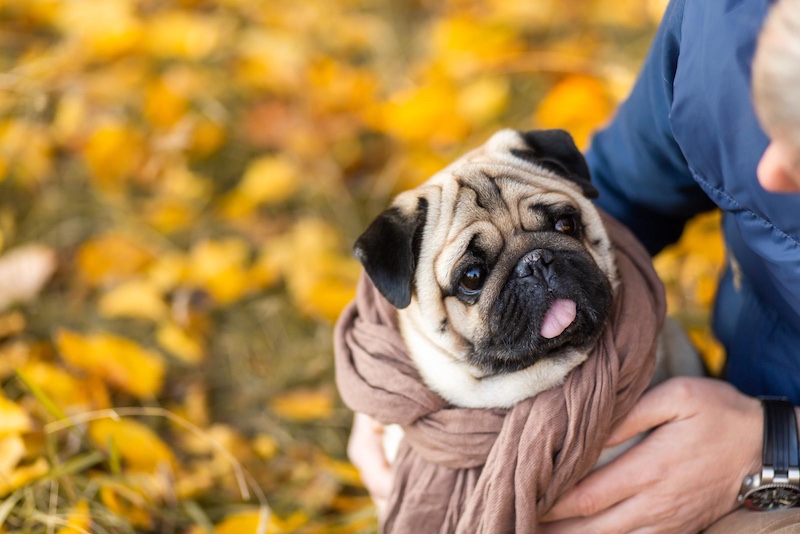When it comes to selecting a companion for your large dog, it’s important to consider their temperament and energy levels. While you might assume that small dogs and big dogs wouldn’t mix well, many small breeds get along perfectly with their larger counterparts. The key is finding a small dog that matches the energy, playfulness, and personality of your big dog. Here are ten small dog breeds that do well with big dogs.
1. Cavalier King Charles Spaniel
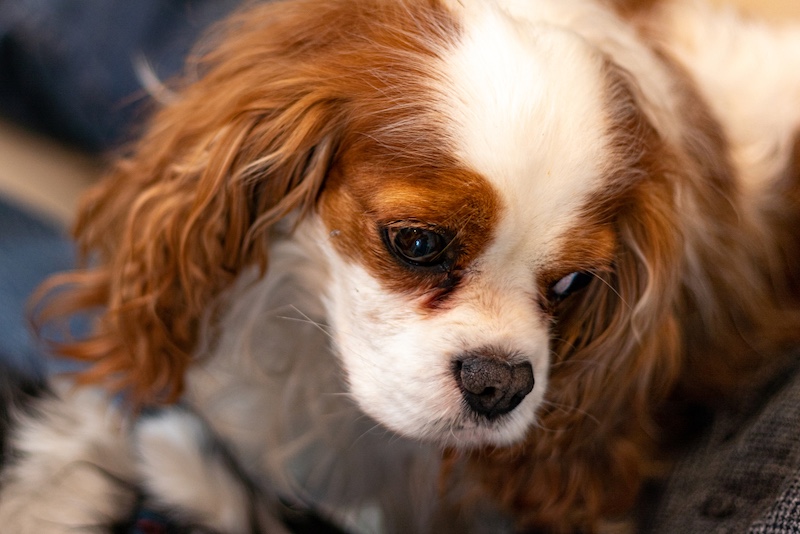
Cavalier King Charles Spaniels are affectionate and friendly, often forming strong bonds with dogs of all sizes. Their easy-going nature allows them to get along with larger dogs, as they tend to be gentle and non-aggressive. These small dogs enjoy companionship and are usually adaptable in social situations.
2. Beagle
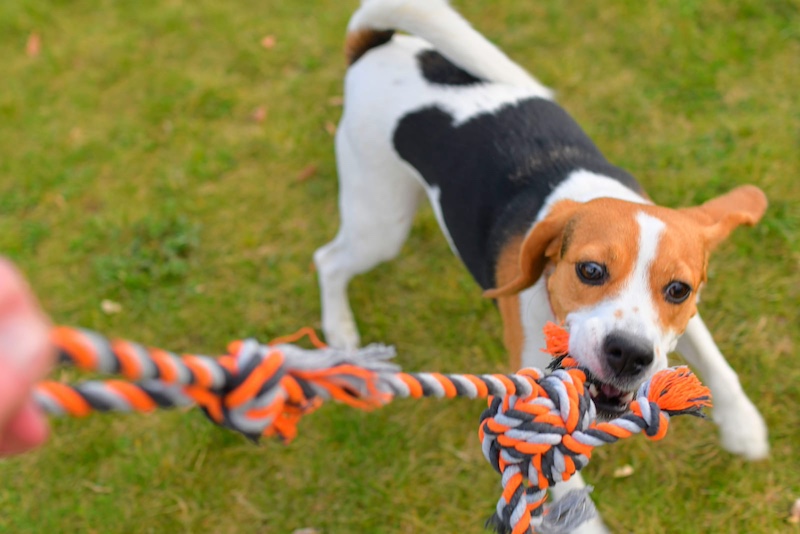
Beagles are known for their playful and friendly demeanor. Although they’re small, they are energetic and love to play, making them great companions for big dogs who enjoy active play. Their social nature means they get along with dogs of all sizes, including larger breeds like Labrador Retrievers or German Shepherds.
3. Jack Russell Terrier
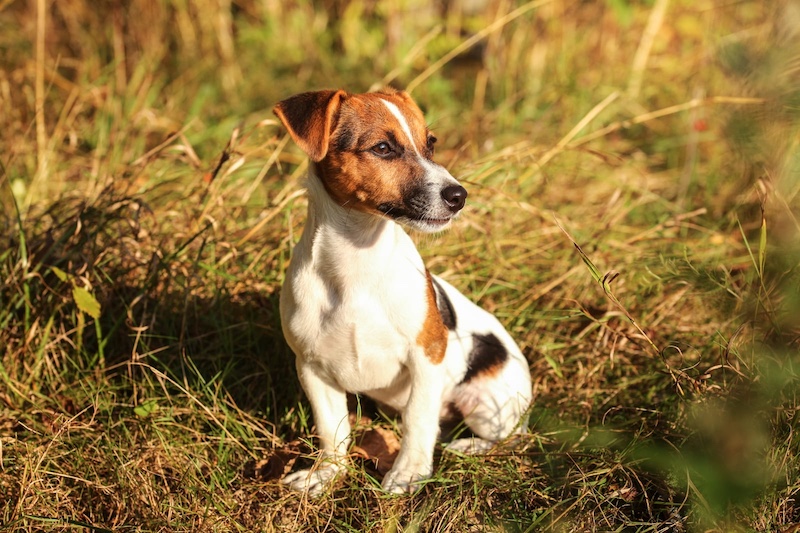
Jack Russell Terriers are small but full of energy and determination. Their fearless nature and playful attitude make them excellent companions for larger dogs, particularly those that have a high energy level. They thrive in active households and can keep up with big dogs during play sessions. Despite their small size, Jack Russells hold their own and get along well with other dogs if properly introduced.
4. Dachshund
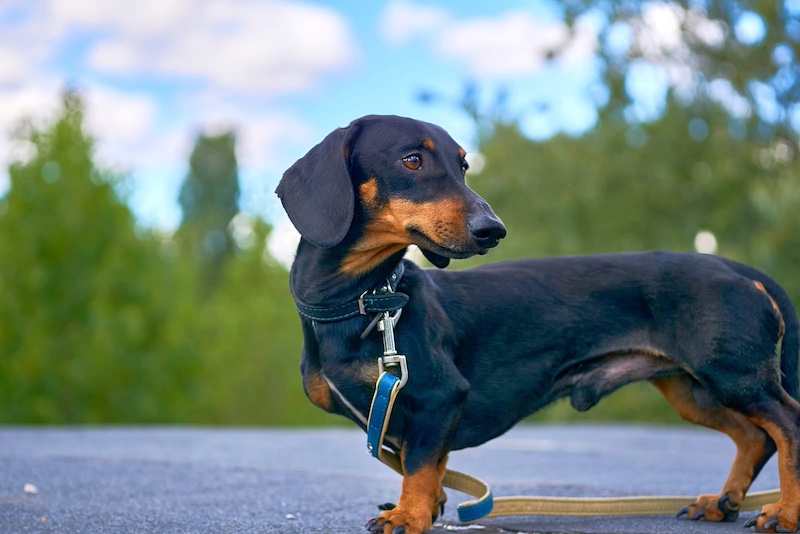
Dachshunds are feisty little dogs, but they often enjoy being around larger dogs, especially those with a gentle personality. Despite their small size, Dachshunds have a boldness and confidence that allows them to hold their own with bigger breeds. They can form close bonds with larger dogs if they are introduced properly and are provided with their own space when needed.
5. French Bulldog
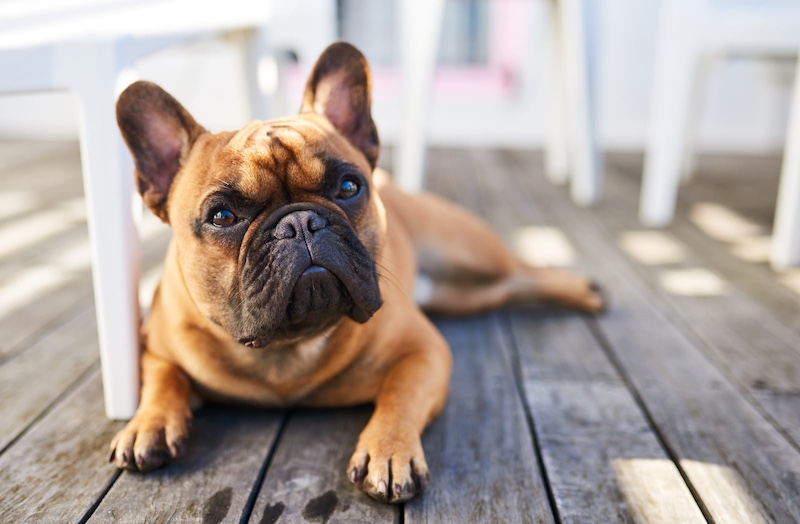
French Bulldogs have a calm demeanor but are also playful and social, which makes them great companions for large dogs. They tend to get along with other dogs and enjoy being around them, though they may have a slightly stubborn streak. Their low-energy play style works well with big dogs who prefer a more relaxed pace.
6. Miniature Schnauzer
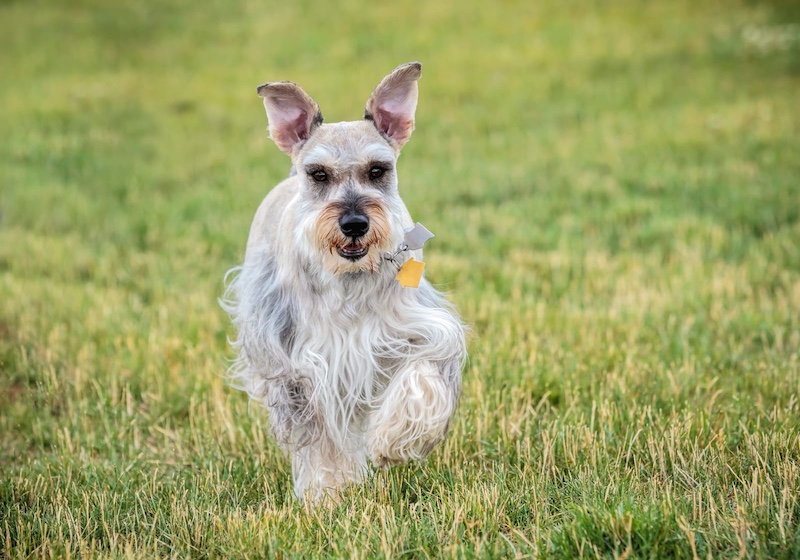
Miniature Schnauzers are confident and independent, yet friendly and social. They can often be seen interacting well with larger dogs, as they are neither fearful nor aggressive. With their strong sense of loyalty, they are likely to develop a strong bond with their larger canine companions and enjoy interactive play.
7. Shih Tzu
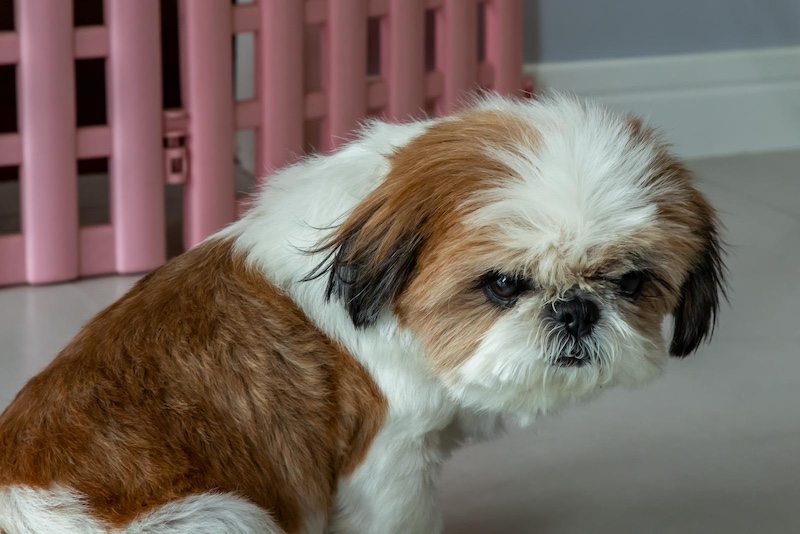
Shih Tzus are known for their gentle and affectionate nature. These small dogs typically get along well with all kinds of dogs, including larger breeds. Their calm, sweet temperament makes them less likely to be intimidated by bigger dogs, and they usually adapt well to the dynamics of a mixed-size household.
8. Pug
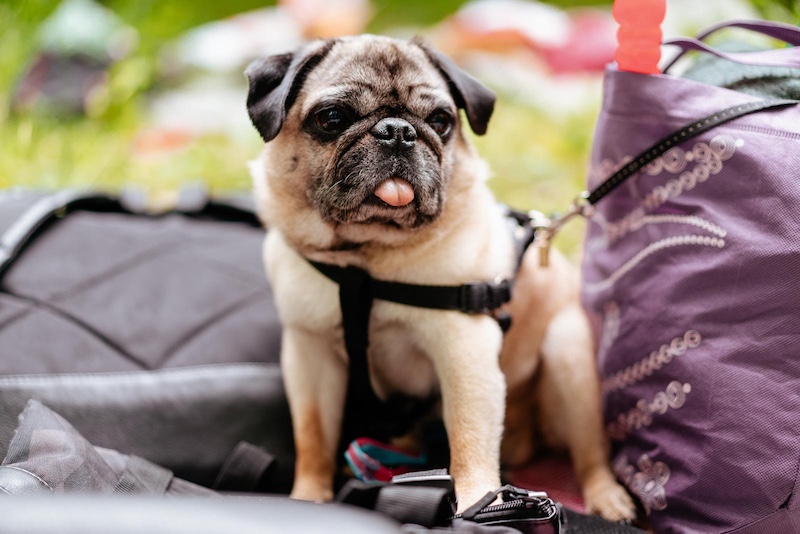
Pugs are friendly, playful, and always eager to please. Their joyful personalities and moderate energy level make them ideal companions for large dogs who enjoy a bit of playtime. Pugs tend to get along well with bigger dogs due to their easygoing nature, and their love for socializing ensures they can form a strong bond.
9. Italian Greyhound
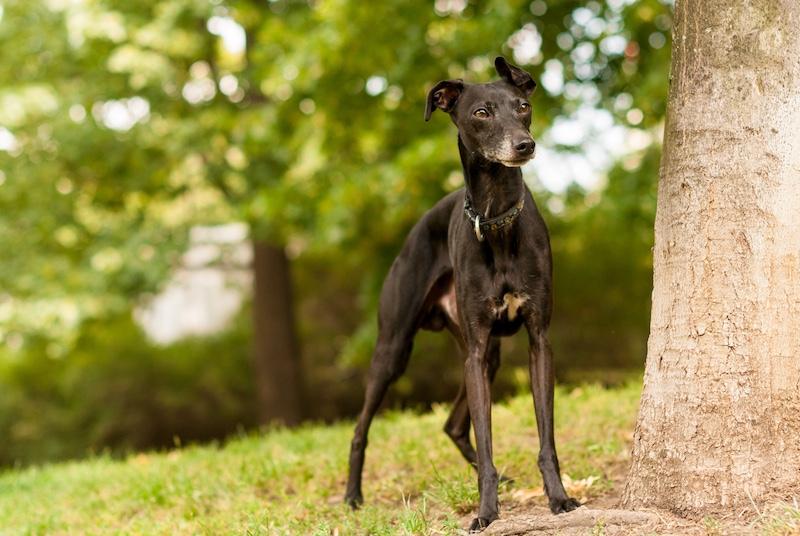
Italian Greyhounds are known for their graceful and gentle nature. While they’re small, they can be very active and enjoy interacting with bigger dogs, especially those with a calm or equally energetic personality. Their light, agile nature allows them to keep up with large dogs during play, and their affectionate temperament makes them a great fit for a big dog household.
10. Maltese
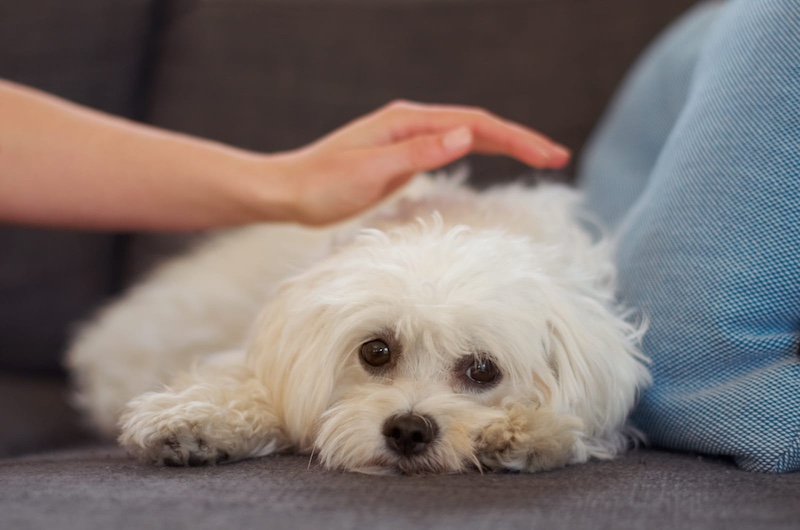
Maltese dogs are affectionate, playful, and tend to form strong bonds with their family members, including larger dogs. These small dogs have a friendly and non-threatening disposition, which makes them ideal companions for bigger dogs. They enjoy interactive play but don’t usually overpower their larger counterparts, making for a harmonious relationship. Please Note: This content was created with the assistance of AI and thoroughly edited by a human before publishing.

